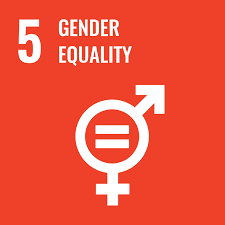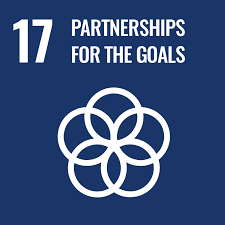Over the last few years, many Public Benefit Organizations (PBOs)/Non-Governmental Organizations (NGOs) in Kenya have diversified beyond traditional donor funding. We are increasingly seeing PBOs/NGOs running income-generating ventures such as co-working spaces, rental offices, training facilities, and consultancies. This raises an important legal and governance question: Are NGOs permitted to generate income, and if so, what are the risks?
At Gathigia Muhindi Advocates, we advise NGOs, PBOs, and social enterprises on the most appropriate structures to balance mission integrity with financial sustainability.


Here’s what you need to know:
1. The Traditional NGO Model
NGOs in Kenya were historically registered under the NGO Coordination Act, 1990, with their operations anchored in non-profit, charitable, or social welfare objectives. By definition, NGOs were not meant to distribute profits to members or directors but instead relied heavily on donor grants, donations, and voluntary contributions to achieve their missions.
Because of this non-profit nature, any commercial activity undertaken by an NGO traditionally attracted scrutiny and sometimes regulatory pushback.
2. The Public Benefit Organizations (PBO) Act: Has the Position Changed?
The Public Benefit Organizations (PBO) Act, 2013, which has been operationalized in recent years, provides a more modern framework for NGOs (now redefined as PBOs).
Key points under the Act:
- Section 65 of the PBO Act provides that a PBO may engage in lawful economic activities provided the proceeds are used solely to support its public benefit purposes.
- PBOs remain non-profit distributing bodies and they cannot share surpluses with members, trustees, or directors.
- The Act recognizes the financial sustainability challenges NGOs face and gives them limited room to diversify revenue streams.
Therefore, while income-generating activities are not outrightly illegal, they must be aligned with and incidental to the organization’s objectives.
3. Risks of NGOs Generating Income
Even though the PBO Act allows some flexibility, NGOs face several legal and compliance risks when they venture into business-like activities:
- Regulatory Scrutiny – The NGO Coordination Board or Registrar of PBOs may question whether the NGO is acting outside its registered objectives.
- Tax Liability – NGOs enjoy tax exemptions on income directly related to their charitable activities. Commercial ventures, however, may be subject to corporate tax, VAT, and rental income tax.
- Mission Drift – Engaging in profit-making ventures can dilute an NGO’s public benefit mission, creating reputational risks with donors and stakeholders.
- Governance Risks – Directors or trustees may be tempted to improperly benefit from income-generating activities, leading to compliance breaches.
4. Should Non-profits Use the Company Limited by Guarantee (CLG) Model Instead?
For Non-profits interested in substantial or long-term commercial activities, the Company Limited by Guarantee (CLG) is often a better fit. Why?
- A CLG is a legal entity recognized under the Companies Act, 2015, designed for non-profit purposes but with greater operational flexibility.
- Unlike NGOs/PBOs, a CLG can more comfortably engage in commercial activities without creating conflicts with its charitable mandate.
- It still prevents profit distribution to members but allows income reinvestment to sustain operations.
Some non-profits run a dual-structure model: keeping the NGO/PBO for their charitable objectives while establishing a CLG (or subsidiary company) for their income-generating ventures. This reduces legal risks while protecting the non-profit’s reputation

In conclusion
The rise of PBOs/NGOs in Kenya running income-generating ventures such as co-working spaces is not inherently illegal under the PBO Act. However, such activities must be carefully structured to remain compliant with both PBO regulations and tax laws.
For PBOs seeking financial sustainability, the safer path may be:
- Keeping commercial activities incidental to the PBO’s objectives; or
- Establishing a Company Limited by Guarantee or subsidiary company to handle business ventures transparently.
Failure to do so exposes PBOs to risks of tax exposure, regulatory sanctions, and reputational damage.
To discuss your non-profit needs, reach out to Gathigia Muhindi Advocates today-
we’ll help you get it right from the start.
Connect with us today:
📞 Call or WhatsApp: 0743 294 340
🌐 www.gma.co.ke
✉️ info@gma.co.ke
Article prepared by Purity Gathigia, LL.B , CPM, the Managing Partner at Gathigia Muhindi Advocates, a law firm based in Kenya.








